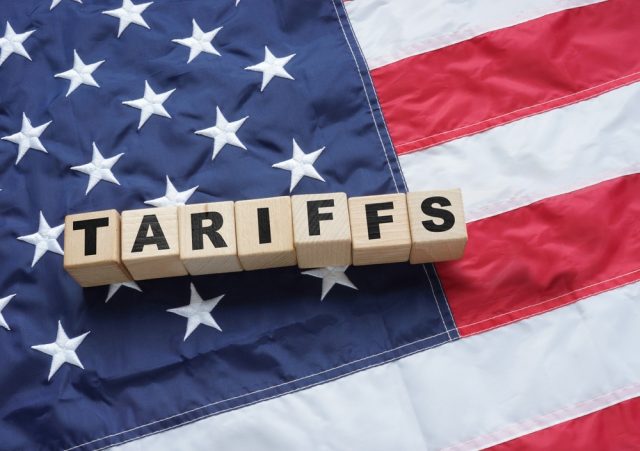
Brussels does not foresee an imminent trip by Commissioner Šefčovič to the United States. For now, the focus is on a more in-depth technical discussion pending a mature political dialogue.
The European Commission has confirmed that, at least for the time being, no trip to the United States by the European Commissioner for Trade, Maroš Šefčovič, is planned. This was stated by Commission spokesperson Olof Gill during a briefing with the press, specifying that the current phase of negotiations will focus on an intensification of technical discussions between Brussels and Washington, on the sensitive issue of trade tariffs.
Gill clarified that, although the political dialogue between the two sides of the Atlantic is not yet ready for a meeting at the highest levels, operational contacts between the parties are continuing in a constructive manner. In particular, Šefčovič and US Secretary of Commerce Howard Lutnik met at the beginning of the week in a meeting defined as “constructive”, during which a common desire to deepen technical discussions in the coming months emerged. “That is where we need to start,” Gill said, explaining that the way forward involves more intense technical work, while waiting for the political conditions to be created for a new step forward. “When the time is ripe for political commitment,” he added, “then we can talk about a trip by the commissioner to the United States.”
A complex trade context
The EU-US dialogue on tariffs is part of a trade relationship still marked by latent tensions and structural divergences on numerous fronts. After a phase of relative easing under the Biden administration, some critical issues — in particular those related to industrial policies, US green incentives and reciprocal tariffs on steel and aluminium — continue to represent sources of friction between Brussels and Washington. In this scenario, the intensification of technical discussions appears as an attempt by the two sides to keep the dialogue alive and to explore workable solutions before proceeding to more complex and potentially divisive political decisions.
Technical diplomacy as a bridge to politics
The message that emerges from the words of spokesperson Gill is clear: in the absence of a shared political vision and a context conducive to compromise, technical diplomacy must act as a bridge. This strategy aims to build common ground through analysis, data, business models and regulatory solutions that can lay the foundations for future agreements. This approach also reflects a growing awareness, on the part of the European Commission, of the need to avoid escalations or unilateral reactions, preferring instead a path of gradual mediation. The ultimate goal remains to consolidate a stable economic partnership with the United States, but without giving up the protection of European interests.
Expectations for the coming weeks
Although no high-level meeting has been scheduled at the moment, it is likely that in the coming weeks the technical working groups between Brussels and Washington will discuss specific dossiers. Among the main topics under discussion are:
tariffs on steel and aluminium;
support measures for the green transition, in particular in relation to the American Inflation Reduction Act;
coordination on international trade rules related to digitalization and economic security.
The outcome of these technical tables will be crucial to understand if and when a high-profile political channel can be reopened. Until then, Europe seems to want to adopt a cautious line, avoiding hasty moves that could compromise a fragile transatlantic balance. Commissioner Šefčovič’s failure to travel to the United States does not represent a stalemate, but rather a phase of consolidation and preparation. Trade relations between the European Union and the United States remain a strategic priority for both parties, but require patience, technical expertise and, above all, a favourable political context. Only then will it be possible to transform technical dialogue into concrete political action.



 Subscribe
Subscribe